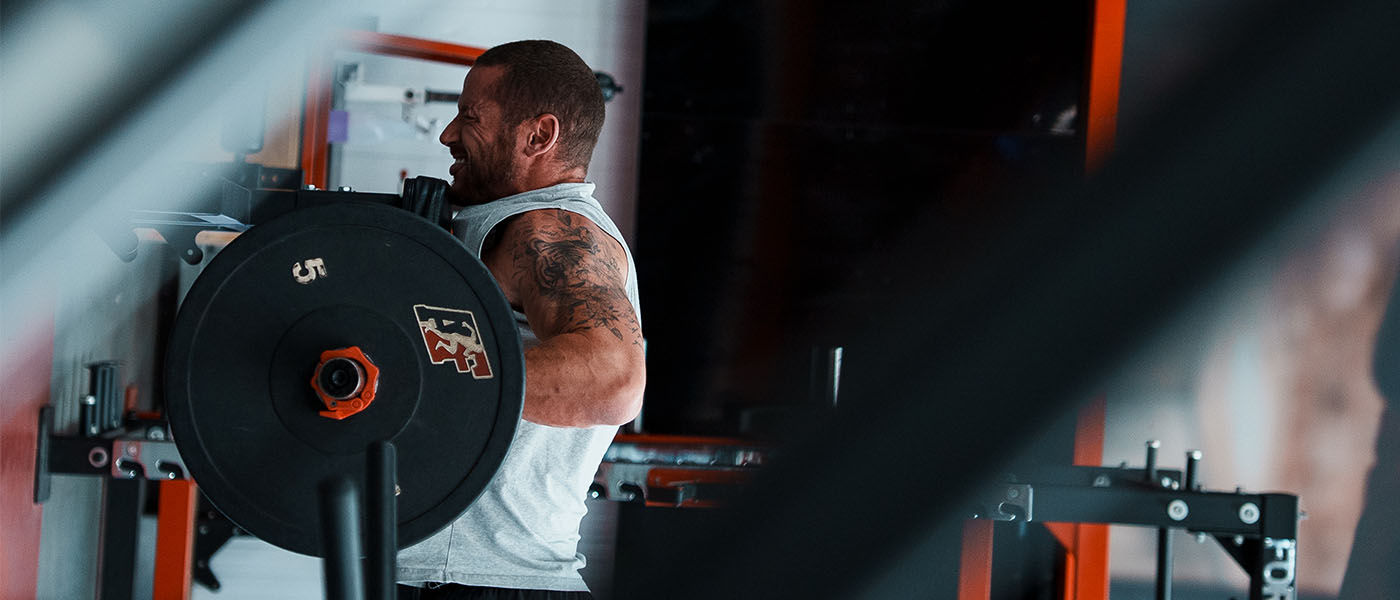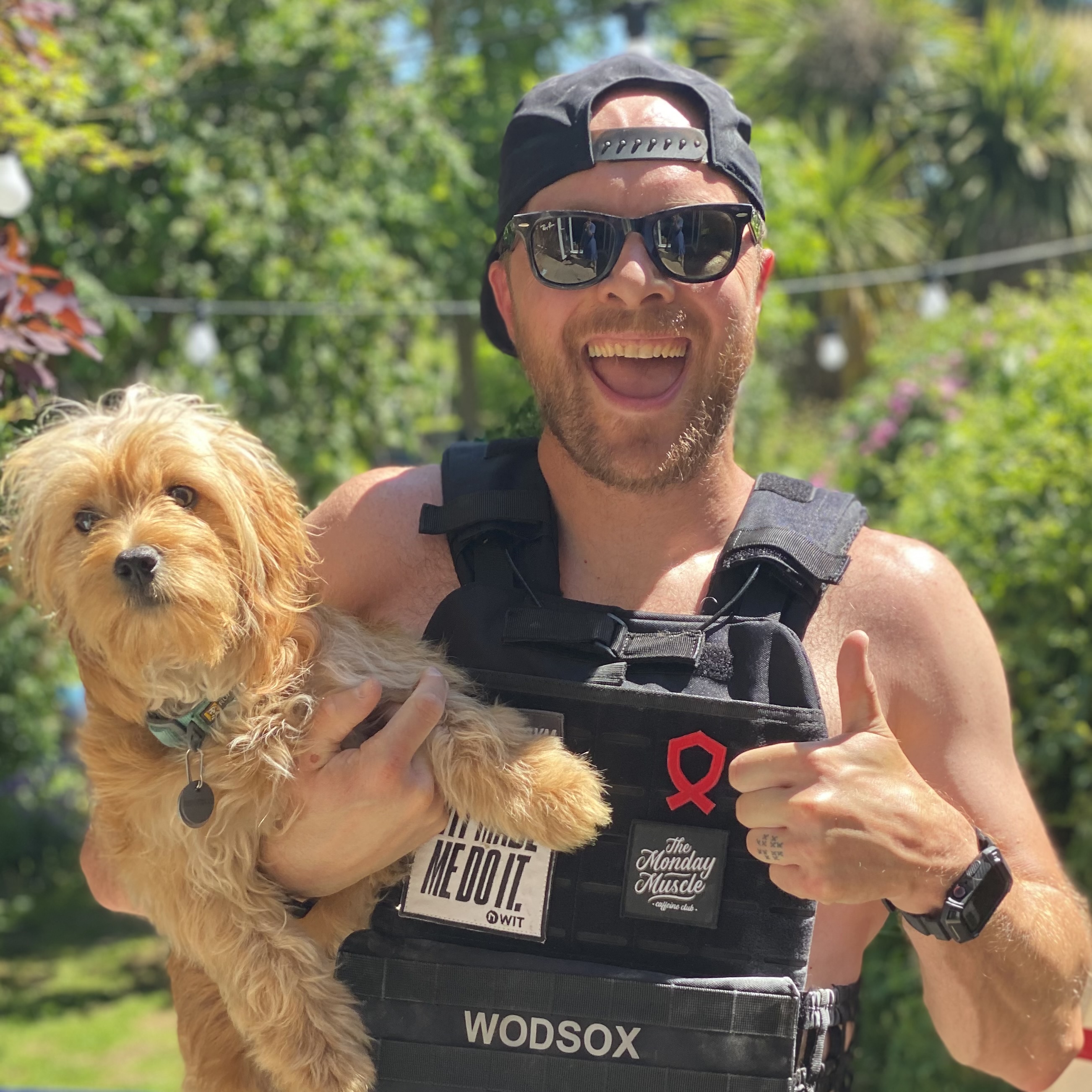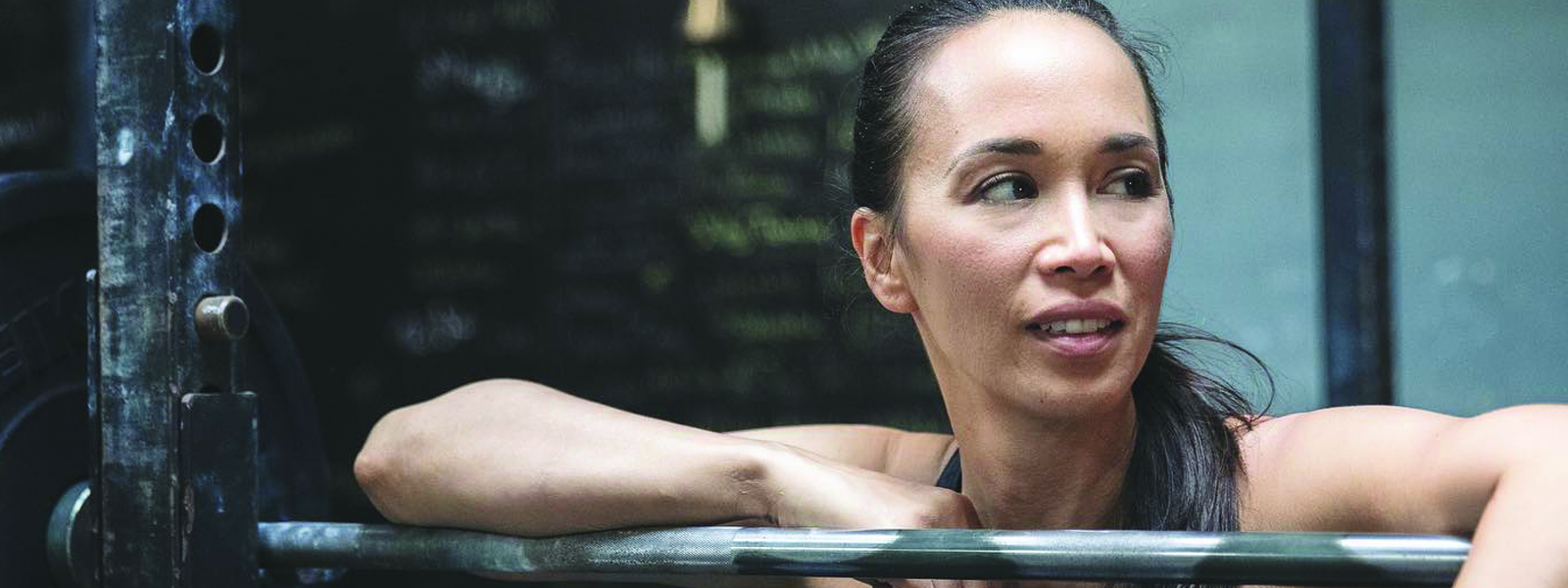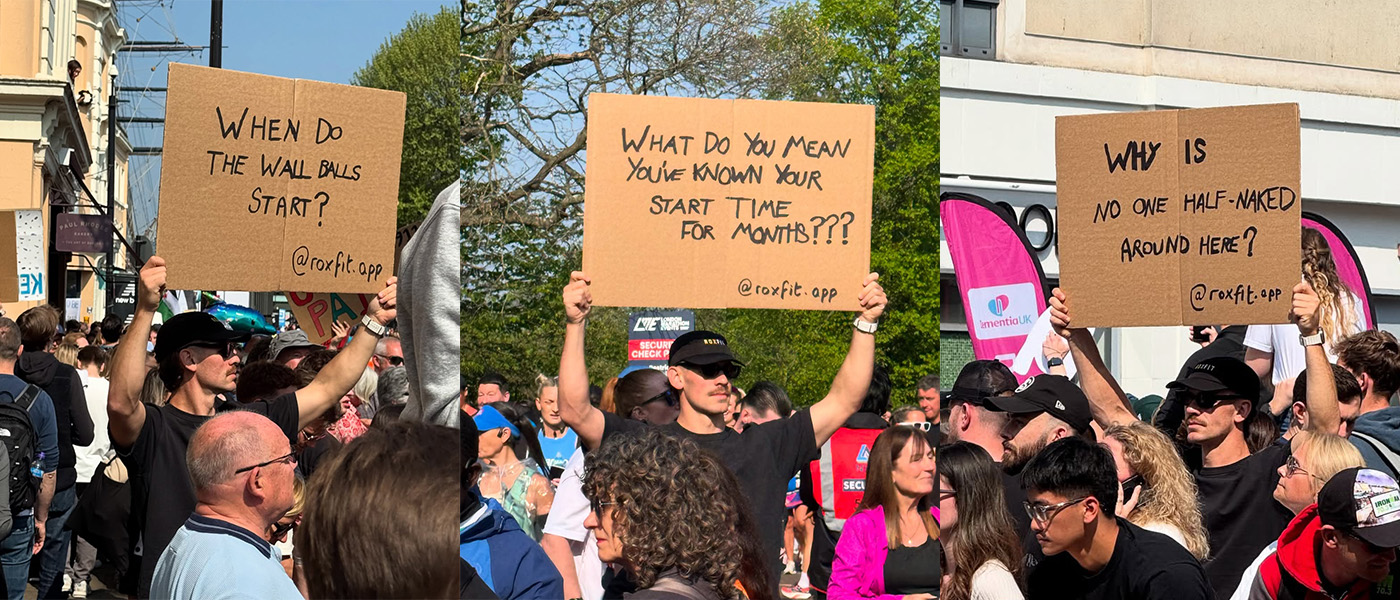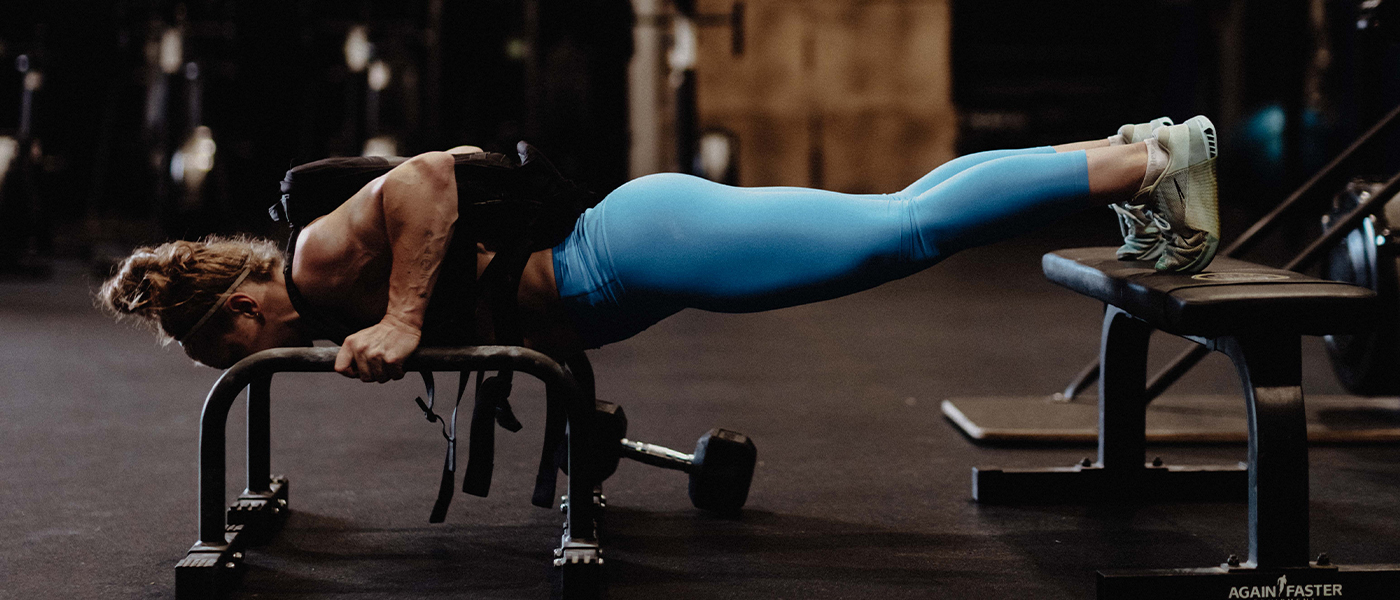well.being: Sandy, let's start with where you are now. How's the recovery going?
Michael Sandbach: I'm back training, but I'm being very careful. I had knee surgery earlier this year after tearing my medial meniscus, but I rushed the comeback and ended up with rhabdo, for the second time. It knocked me out completely — I was in hospital for a month. Now I've been training again for about three weeks, but I'm taking things slowly. I can't afford to make the same mistakes.
w.b: Talk me through what happened with the knee.
MS: After the Glasgow race, I had about a five-week gap before the last-chance qualifiers. I panicked and doubled my running volume almost overnight. My knee swelled up badly, but I kept running through it out of desperation. Scans revealed a 'parrot's beak' tear in the medial meniscus. In the UK, surgery would've taken weeks and cost thousands, so I flew to Denmark and had it done in 10 days. It was straightforward, but still needed six weeks of careful rehab.
w.b: And then you pushed too hard?
MS: Exactly. I was recovering well at first and using an anti-gravity treadmill to rebuild my running, but I started piling on volume on the bike too. Long rides, threshold efforts, six days in a row. My quads just gave out, and that led to rhabdo. I had to be hospitalised and put on drips to flush my kidneys. My levels were through the roof. It was a brutal wake-up call.
w.b: You've always had this insane drive. Where does that stem from?
MS: It probably started with my dad. He was very pushy when I was young, coming to every training session and match when I played football. It embarrassed me at the time, but it shaped who I am. When he passed away when I was 23, I think I've been trying to prove myself ever since. I can push myself to dark places physically — beyond what’s sensible sometimes. It's a strength and a weakness, and it's definitely caused a lot of my injuries.
w.b: How are you approaching your comeback differently this time?
MS: Structure. That's the key now. I've got a huge whiteboard at home where I map out three months of training at a time. Every session is planned and visible. Progression is tiny, like adding five minutes to a ride one week or an extra rep to a threshold set the next. No more going all out just because I feel good. I've also muted all my competitors on social media. Seeing everyone smash PBs while I'm injured used to mess with my head. Now I’m focused on my body and my progress.
w.b: What are your short-term goals on that white board?
MS: Right now, it's about small wins. This month, I just want to complete a pain-free 10K. Next month, I'd like to hit a solid interval session on the track without setbacks. I'm not thinking about podiums for now. It's about rebuilding steadily.
w.b: Looking back, what caused last season’s problems?
MS: Honestly? Stress. The last year has been a lot, with going through a divorce and moving in with my sister and then get the rental on the house I’m in now sorted out. With all that and how hard I usually push myself, it’s not surprising that my body broke and then my mind broke.
Comparison was a big thing, too. I was trying to match other athletes’ volumes instead of sticking to what works for me. When I was at my peak, I wasn’t doing crazy mileage. I was working full-time and that meant my weeks were really structured. My recovery was prioritised, and I wasn’t distracted by what others were doing online. More isn’t better — better is better. That’s my mantra now.
w.b: Do you miss the structure you had back when you were working full-time?
MS: Massively. Back then, I had a demanding engineering job, which forced discipline. I’d wake up at 4 a.m. to train, work all day, and be in bed by 8 p.m. Ironically, having less free time stopped me from overtraining. Since leaving that job and being a full-time athlete, I’ve had more flexibility but less structure — and it’s shown. Now I’m rebuilding that structure myself.
w.b: What’s the plan for you competitively this season?
MS: If all goes well, I’d love to race in Stockholm just before Christmas. That’s the target, but I’m not putting pressure on myself. For now, it’s about enjoying training again, staying healthy, and rebuilding smarter. If I get back to my best, it’ll be because I finally learned patience.
w.b: Finally, what piece of advice would you give yourself at the start of last season?
MS: Don’t get trapped by comparison. Social media can be toxic for athletes of any level. Stick to your plan, listen to your body, and remember that consistency beats chaos. I’ve made every mistake in the book. Now it’s time to do it right.

